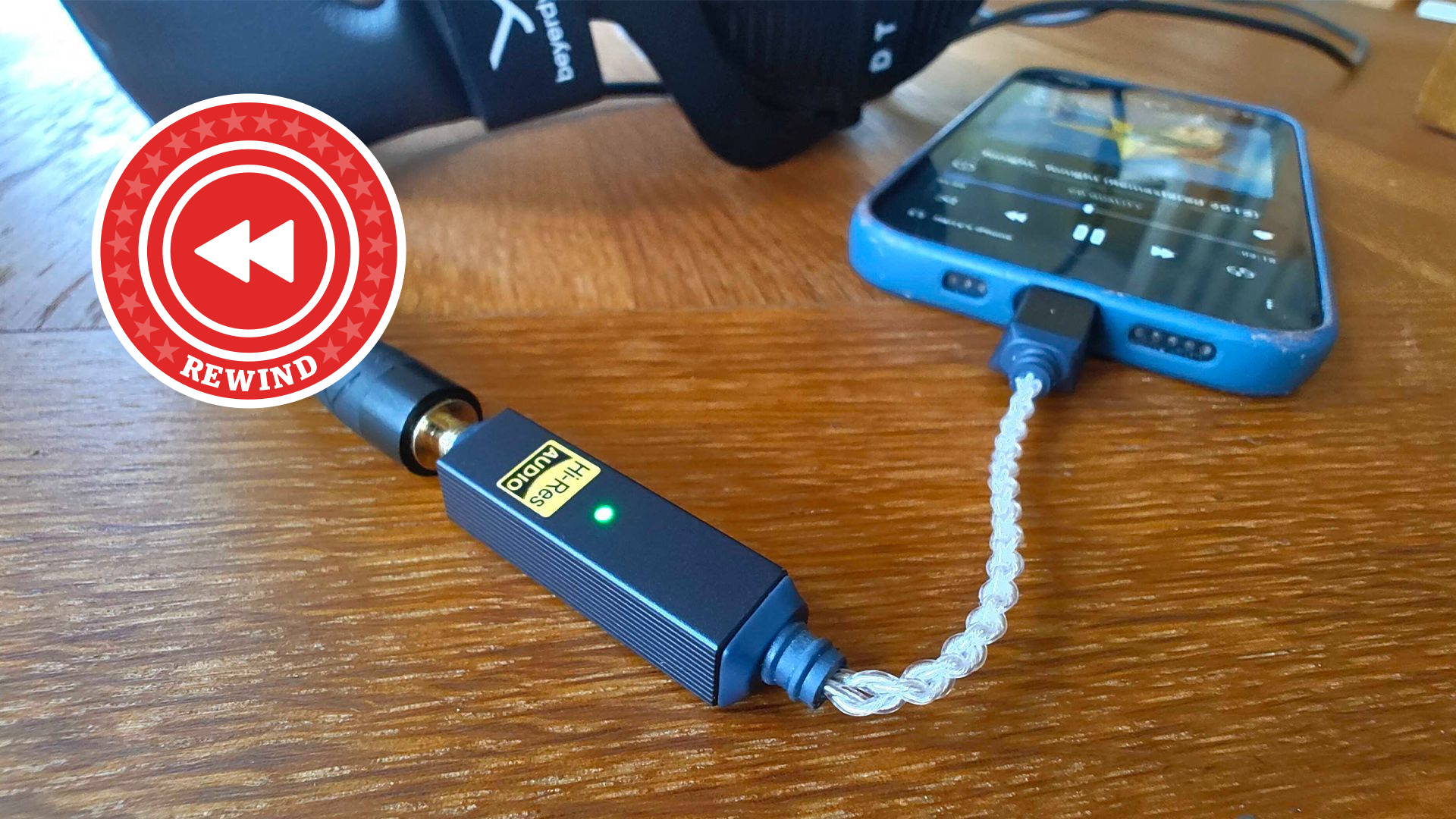How to get the best sound from your CD player
Spin like you've never spun before with these handy tips on how to make the most of your silver discs
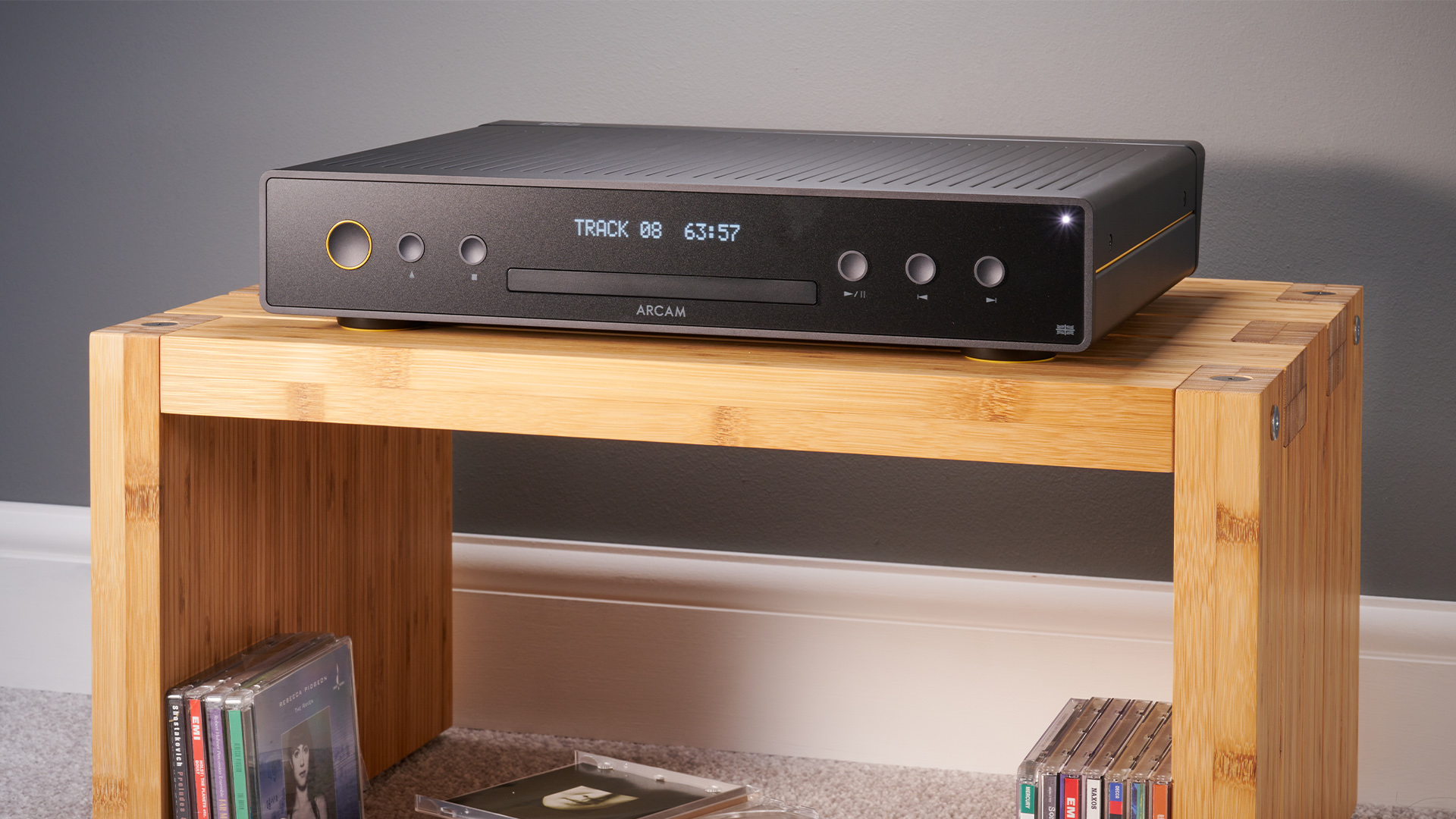
The latest hi-fi, home cinema and tech news, reviews, buying advice and deals, direct to your inbox.
You are now subscribed
Your newsletter sign-up was successful
We've all heard of the vinyl revival, but what about CDs? Well, they're enjoying a bit of a resurgence too, according to sales figures. We can see why. While they don't offer the full gatefold experience of vinyl, CDs offer a sense of physical ownership that you don't get with digital music. And CD players continue to impress – just check out the winner of our recent Temptation Award (or the also Award-winning pair of Marantz CD6007 and Cyrus CDi, for something more affordable).
But you don't have to buy a standalone player – many all-in-ones are getting CD players built-in alongside their streaming smarts, like the Technics SL-G7000M2, Technics SA-C600 and Audiolab Omnia.
So how do you make sure you're getting the best from your CD player?
We're here to help. We'll show you things to consider before you buy, as well as tips on settings, placement and maintenance. Still running your original CD player from days gone by? This guide's for you too.
And remember to look after your discs. They may not be as sensitive to surface scratches as vinyl, but CDs will of course sound better if they're kept in good nick. So handle with care, and always put the disc back in its case rather than leaving it loose to act as a coaster at your next party.
Before you buy
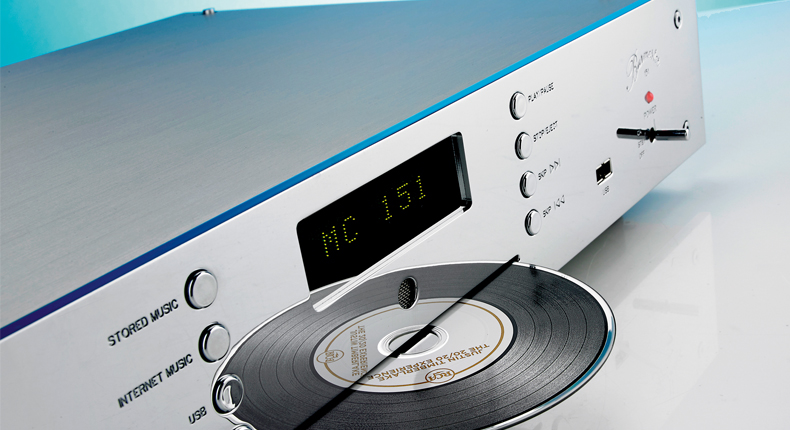
If you’re upgrading or changing your player, it pays to buy the best you can afford. After all, if the maximum information isn't being retrieved from the disc, it's impossible to replace the lost data further down the playback chain. Spending extra money will usually buy you a better build and improved sound quality.
If you’re buying a new player, consider going for one with digital inputs. These will open up use with other digital sources – a computer, set-top box or DAB radio, for example – and will give you improved performance across all feeds thanks to the (hopefully) higher quality digital-to-analogue (DAC) circuitry. Because let’s face it – a dedicated audio source is likely to have lavished more care on its DAC circuitry than any of the product types mentioned above.
The latest hi-fi, home cinema and tech news, reviews, buying advice and deals, direct to your inbox.
- Best CD players: CD players for every budget
- Best DACs: USB, portable and desktop DACs
Give your CD player some solid support
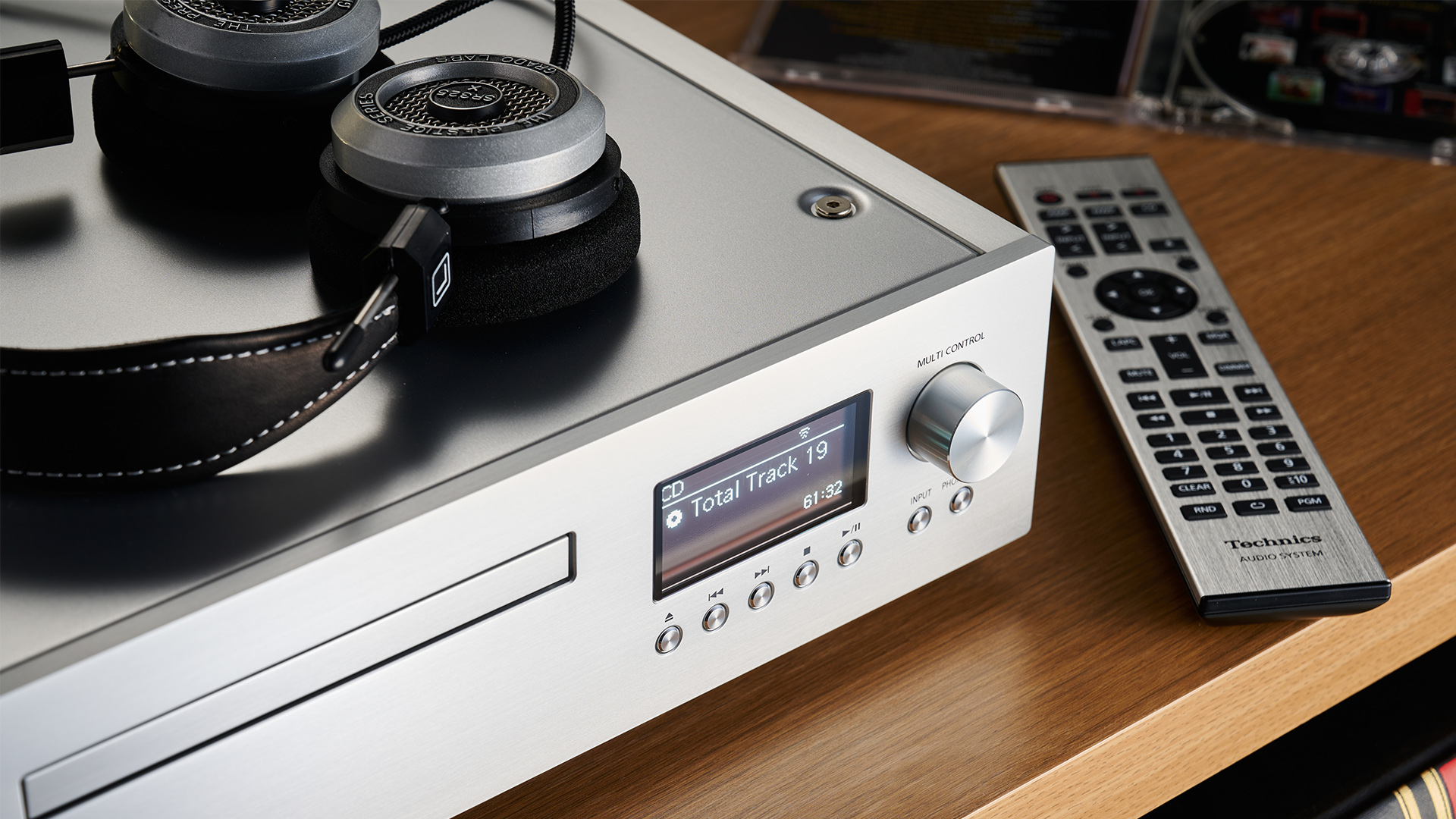
First things first: make sure you install your player on a proper support to minimise the amount of vibration it has to cope with. Ideally, this would be in the form of an equipment rack. The perfect platform will be rigid, level and low-resonance.
While CD players don't show up the effects of vibrations as obviously as, say, turntables, simple things like footfall or even the sound from your speakers, especially at loud volumes, can make the player's data-reading mechanisms work harder, which can affect the sound.
Not convinced? A cheap experiment is to put a partially inflated bicycle inner tube under the player and listen for any difference. Don’t inflate the tube until it’s hard. The trick here is to keep it as soft as possible while still lifting the player’s feet off the support surface.
It may be a bit awkward to get the player level, but if you hear improvements then you know this is a course worth taking. If you don’t, then hopefully you at least had a bit of fun in the process. As long as no one was watching.
- Best hi-fi and AV racks: support your electronics
- Best record players: the best turntables for every budget
It's all about connections
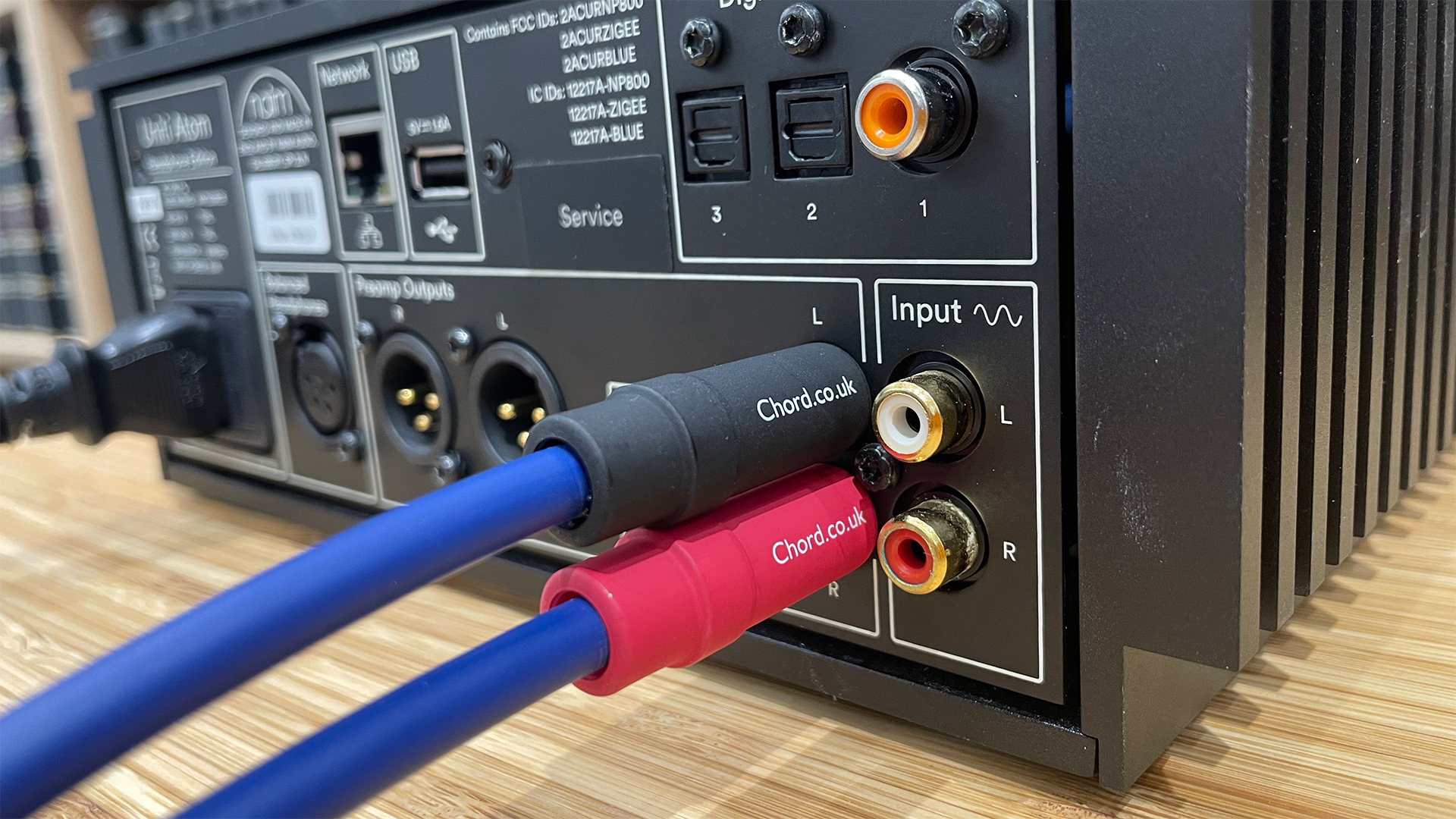
Just about every CD player will come with a pair of analogue cables in the box. It's best to consider these hook-ups as no more than a 'get started' measure. Even a budget player will sound better with some good interconnects, so arrange a demo and budget from around £30 ($50, AU$60) for a better pair. Or more, naturally, if your system is of the high-end variety.
Most machines have standard phono sockets for their analogue output, but some also have the option of balanced XLRs. These can give better sound quality, but not always. It all depends on how well the balanced circuitry has been designed in both the source and amplifier.
Unfortunately, the only way to tell is to try it. In most cases – outside of higher-end products – we’ve found the single-ended approach to perform better, with the balanced option generally just sounding louder.
The other very handy facility you should consider using is an optical or coaxial digital output. This allows the player to be connected to an outboard digital-to-analogue converter (DAC). It’s something to consider if you have a player that’s working well but you want to improve the sound. There are plenty of good DACs around, with the Cambridge Audio DacMagic 200M and Chord Mojo 2 as two excellent options at a modest price that could give a sonic uplift.
- See all our analogue interconnect reviews
How easy is it to operate?
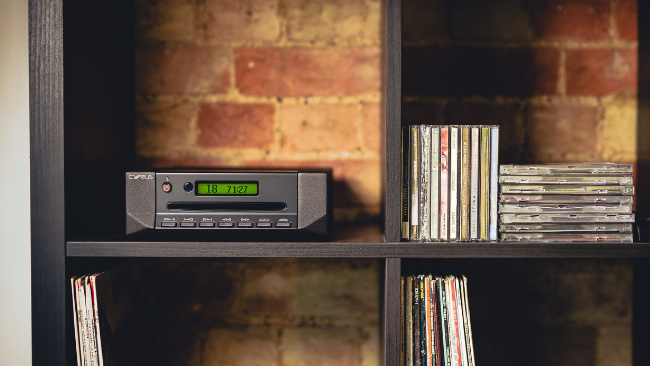
At its simplest, a CD player needs just one button to open and close the drawer, a couple to start and stop playback, and track-skip up/down controls. A headphone socket with its own volume control might come in handy for late-night listening.
CD players will come with a remote control as standard. The handset will let you access a range of functions – often including many that aren't available via the fascia buttons – and allow you to pause the music, skip tracks, programme a selection of tracks and so on. If you use an amplifier from the same brand, chances are the remote will 'drive' both amp and player.
Switch off the display
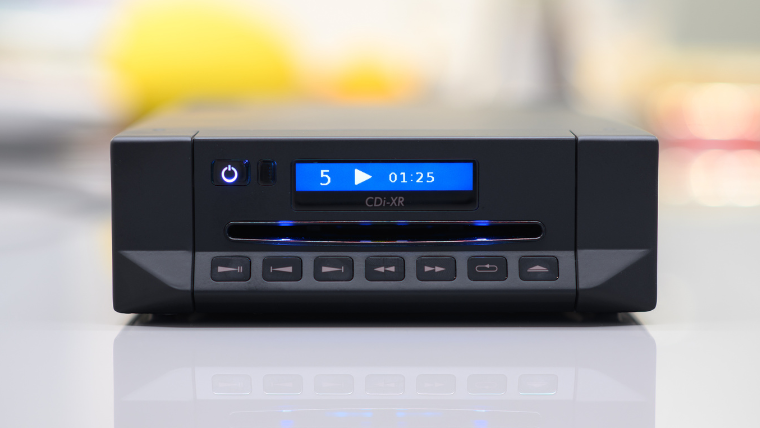
As well as letting you see which track's playing, some players show artist and title info when playing CDs with CD-Text. Strange as it may seem, it's not unusual for a player to sound better with its display turned off, as the display can create some electrical noise.
Perhaps even less obvious is the effect of switching off the digital outputs. This isn’t a particularly common feature – the Marantz CD6007 has it – but it can give a small but notable improvement in clarity and dynamics. You’ll only notice this if the rest of your system is transparent enough, though.
Filters and upsampling
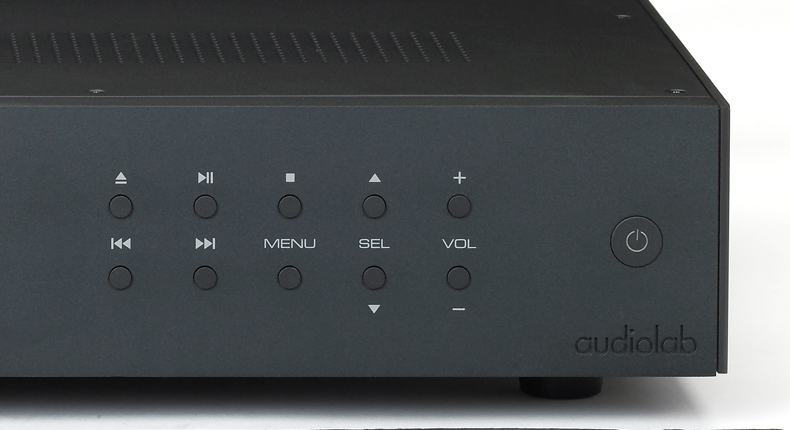
We’re seeing more and more machines that give the option of changing digital filter parameters. Audiolab is a big fan of this approach on both its CD players and DACs (such as the M-DAC+ and 8300CD), and the Award-winning Arcam CD5 also includes a choice of filters to choose from. It’s well worth playing around with these.
The default setting will usually be the best measuring filter, but you may well find one of the other options sounds better with your system at home. It’s well worth taking the time to experiment and find which flavour you prefer.
We’re less positive about the upsampling option on some players. If the implementation isn’t spot-on, you end up with a smoother, more refined sonic presentation, but one where the attack and sparkle in the music have been diluted.
Building the rest of your system
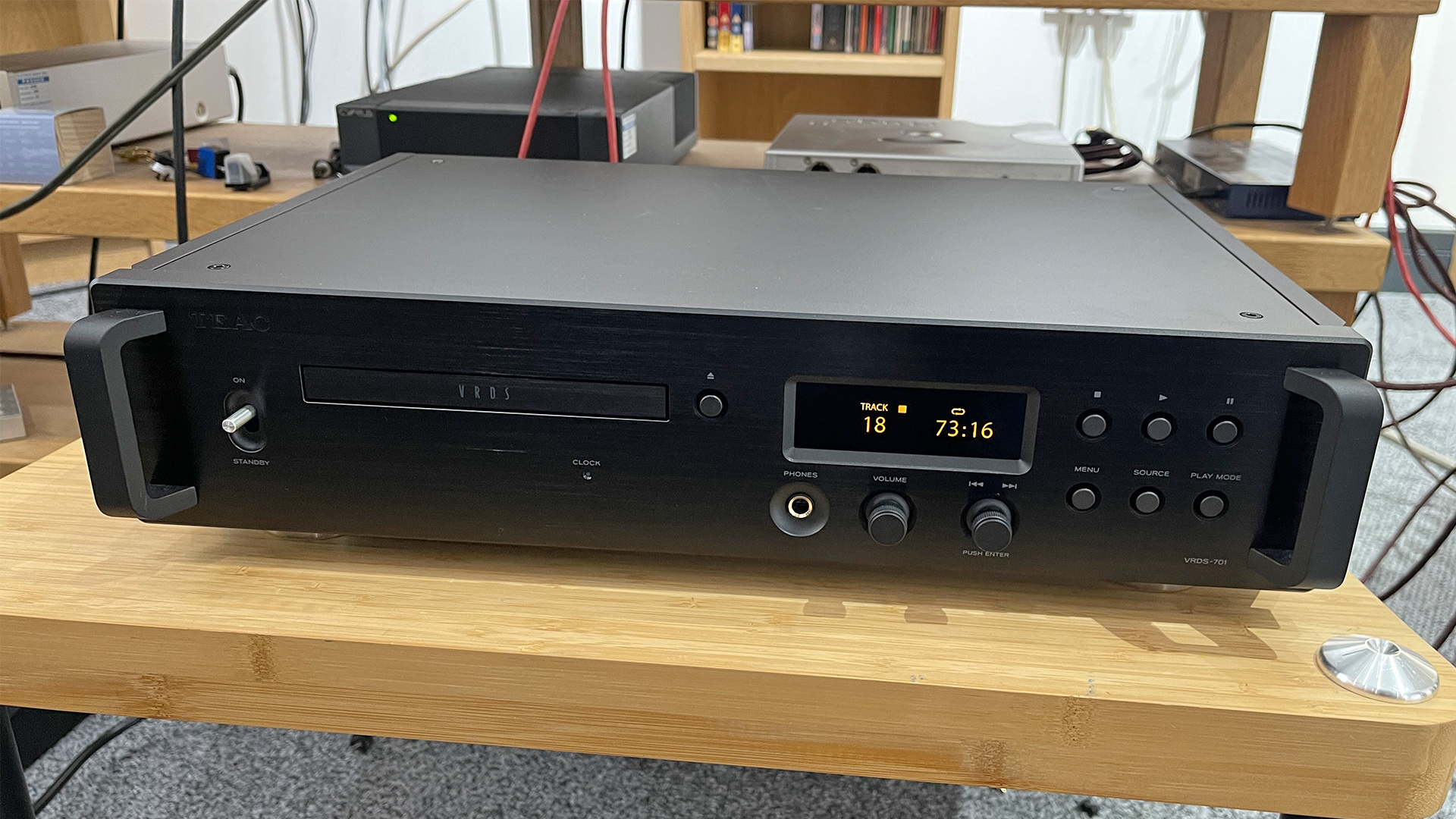
Just about any CD player will work with almost any amplifier – at least in electrical terms. Most players’ analogue outputs deliver around 2V, give or take a few microvolts, and that's just what the amp's line inputs expect to receive. If you're using a vintage amp built before the CD age you may have some issues, but a simple modification will sort them out.
One final note – a system can only sound as good as its weakest link allows. If the rest of the set-up is unbalanced or poorly set-up, any changes you make at the source end simply won’t be revealed.
Once you've got everything set up perfectly, all you need to do is kick back, pop in your favourite album (or try our pick of some of the best test tracks to trial your hi-fi system), and enjoy.
MORE:
Check out our guide to all the best CD players for every budget
We've built a great value CD player system that ticks all boxes and won't break the bank
Check out the best CD players of What Hi-Fi?'s lifetime
People are modding PS1 consoles to use as CD players, and I'm a big fan
How to build the perfect hi-fi system

Ketan Bharadia is the Technical Editor of What Hi-Fi? He has been reviewing hi-fi, TV and home cinema equipment for almost three decades and has covered thousands of products over that time. Ketan works across the What Hi-Fi? brand including the website and magazine. His background is based in electronic and mechanical engineering.
